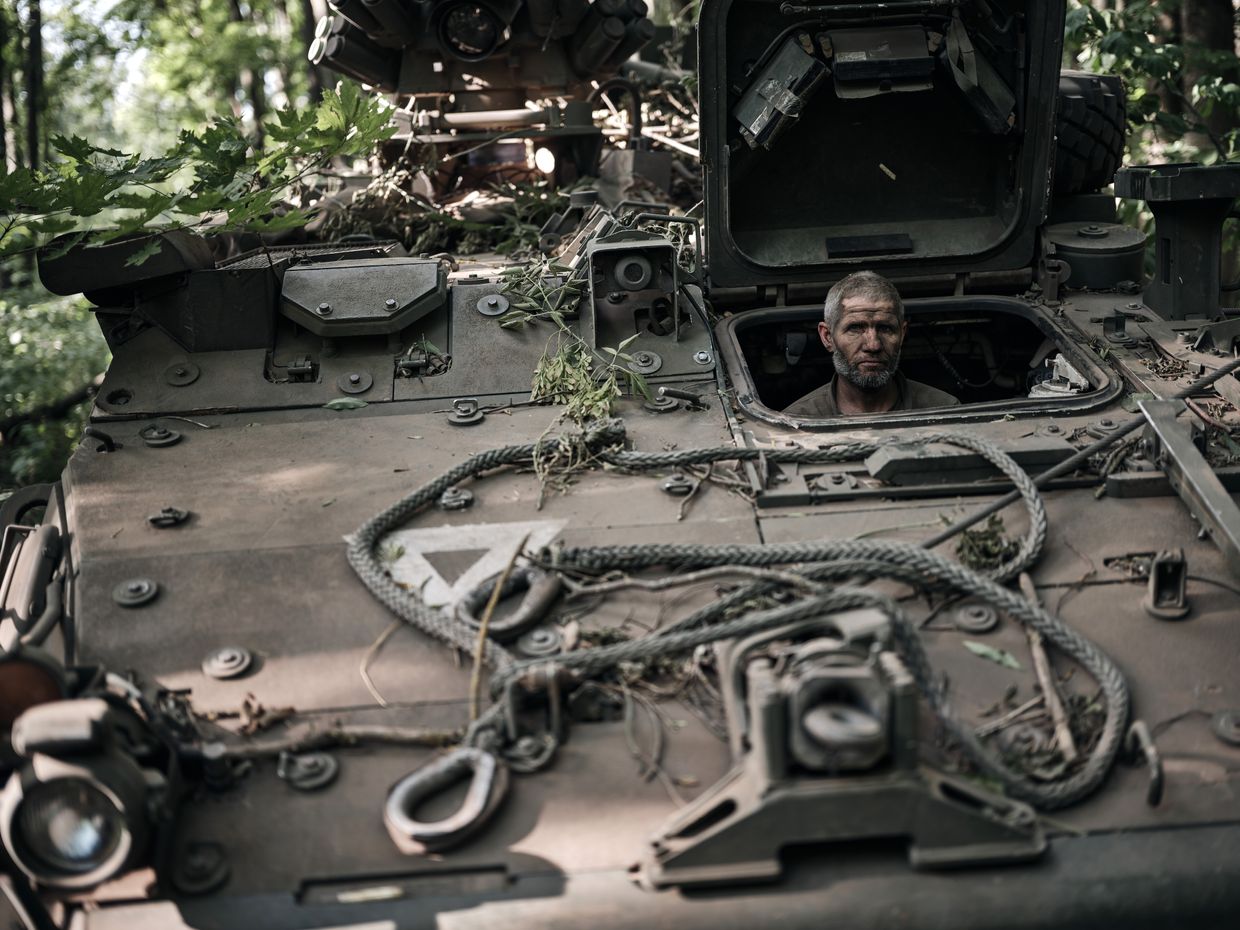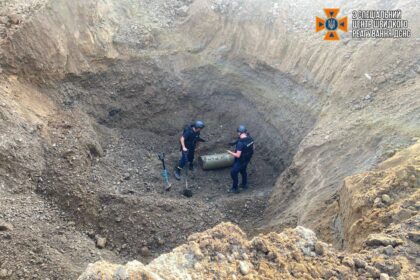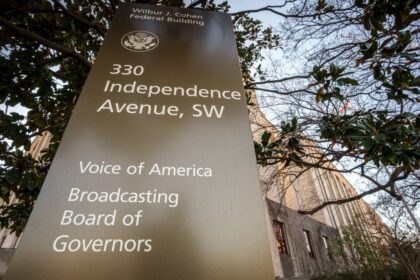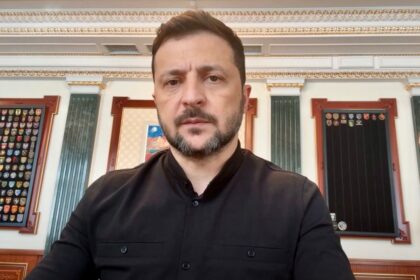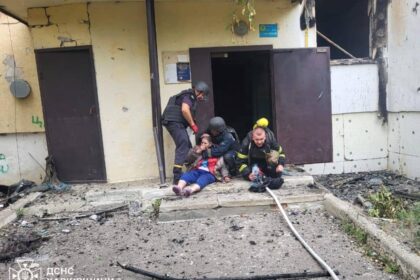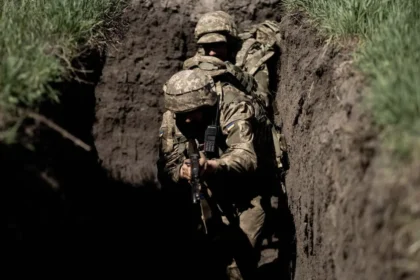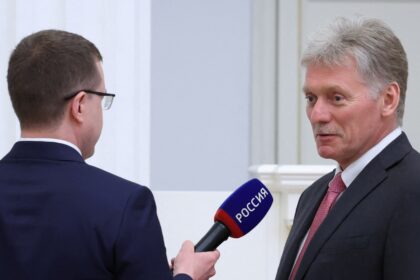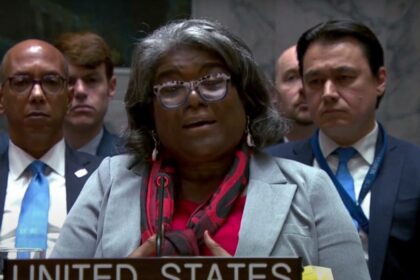**Russia’s Easter Ceasefire: A Token Gesture or a Genuine Attempt at Peace?**
In a surprise move, Russian President Vladimir Putin announced an Easter ceasefire on April 19, claiming it was a test of Ukraine’s willingness to pursue peace. However, the Ukrainian military reported no signs of a truce being honored, with attacks continuing unabated from the very start.
According to Andrii Demchenko, a spokesperson for Ukraine’s State Border Guard Service, Russian forces unleashed artillery, multiple launch rocket systems, and drones on Ukrainian positions in Sumy and Kharkiv oblasts. In some areas, Russian troops even attempted direct assaults on border guard positions. This brazen disregard for the ceasefire has left many wondering if Russia was ever serious about making peace.
“It’s more of an imitation that Russia wants some kind of truce,” Demchenko said in a televised interview. “The attacks actually took place from the first hours of the day — from the moment the ceasefire was supposed to be in effect.” This statement raises questions about Russia’s true intentions and whether President Putin has control over his military.
Ukrainian President Volodymyr Zelensky took to social media to express his skepticism, saying that Ukraine is documenting every violation of the supposed ceasefire. He suggested that either Putin does not have full control over his army or that Russia has no intention of making a genuine move toward ending the war. Instead, he believes Russia is merely trying to score favorable PR coverage.
This Easter ceasefire debacle highlights the complexities and challenges of negotiating with Russia in the midst of conflict. While it may seem like a token gesture to some, others see it as a deliberate attempt to create a narrative that Ukraine is not interested in peace. As the situation continues to unfold, one thing is clear: the Easter ceasefire has done little to ease tensions or bring about a lasting peace.
**Commentary and Analysis**
The Easter ceasefire fiasco raises concerns about Russia’s commitment to finding a peaceful solution to the conflict. By continuing to attack Ukrainian positions despite the supposed truce, Russian forces have demonstrated their willingness to disregard international norms and expectations.
This move also highlights the challenges of negotiating with a rogue state that seems more interested in manipulating public opinion than pursuing genuine peace negotiations. The fact that Ukraine is documenting every violation of the ceasefire suggests that the country is preparing for a protracted conflict.
Ultimately, this Easter ceasefire serves as a reminder that, until Russia demonstrates a genuine willingness to make peace and withdraw its troops, the situation on the ground will remain volatile and unpredictable.




